October 11-12
Well, I got carded for the first time in quite a while. At O’Hare. One of the few advantages to being seventy-five is that you don’t have to take your shoes off going through security. Once the guy was satisfied that I qualified, he asked whether I had any implants, pacemakers, etc. I think I was just profiled.
There are definitely advantages to flying business class. There was one person ahead of me in line. Here’s a photo that does not BEGIN to show the wait for economy. In addition to a full zigzag line, there was a straight line of people about a city block long.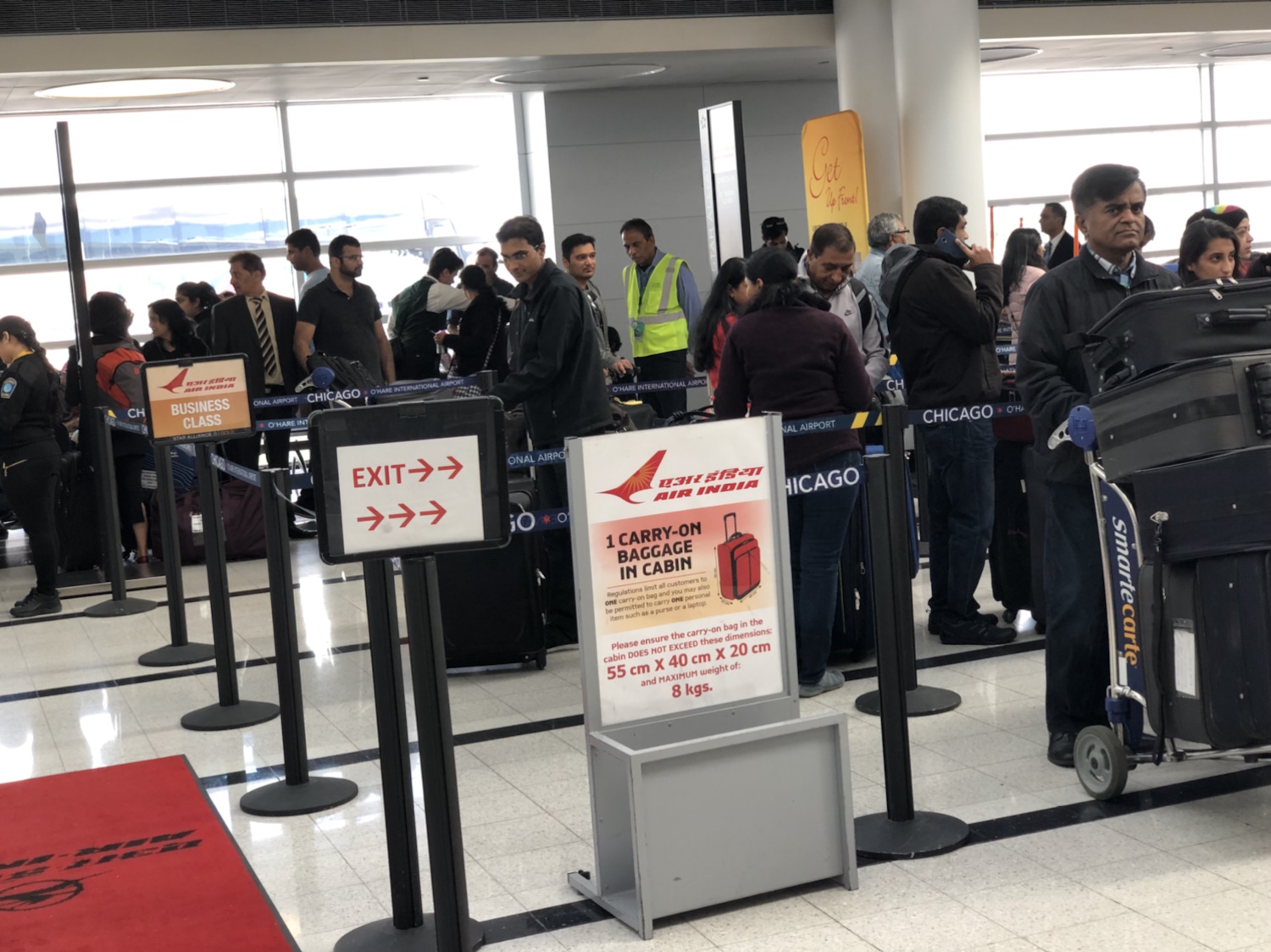
Though I was there about two and a half hours ahead of time, I honestly do not know whether I would have gotten through in time. It’s the longest airport line I’ve ever seen, and I’ve seen some long ones. And this was just to check in; there was still security to get through.
After an hour or so in a rather crowded Air France lounge that Air India business class passengers have access to, I walk the short distance to the gate. The plane is fine, but rather tired compared to those of many other airlines.
Now starts the least enjoyable part of these trips, the long 15-hour flight to Dehli and then the connection to Kolkata. I’ll do some reading, try (most likely, unsuccessfully) to sleep a bit and perhaps watch a movie or two. In yesterday’s post I alluded to Dorothy and not being in Kansas any more, and said that I had another Dorothy I’d mention, so, here goes.
My Dorothy, our good friend Dorothy Hunt, lives in the land of CA, not Oz. She’s been our dear friend since the mid-1960s, when she was in the University of Chicago School of Social Services with Carol, and her husband, Jim, was a close friend and law school classmate of mine at Northwestern. We remained in regular contact with Jim and Dorothy, though we didn’t see them often, because they lived in San Francisco. Ours was the type of friendship, though, that no matter the length of time that passes, you pick up right where you left off as soon as you get together.
Sadly, Jim died a couple years ago, but I remain in regular/irregular contact with Dorthy, who is the founder of the San Francisco Center for Meditation and Psychotherapy, and serves as Spiritual Director and President of Moon Mountain Sangha, Inc., a California non-profit religious corporation. Dorothy offers meditation and satsang gatherings, weekend intensives and retreats, and also sees individuals for both psychotherapy and dokusan (private meetings with a spiritual teacher.)
My communications with Dorothy invariably contain three elements—catching up on our families, some discussion relating to Dorothy’s spiritual work and an analysis of the SF Giants, the Warriors and the Cubs. Dorothy’s devotion to the Giants (who Jim used to represent) and Warriors is nearly as deep as her meditative practice and her emails always reflect her compassion. Her most recent email to me, for example, was to express condolences for the Cubs early playoff demise.
I bought Dorothy’s latest book, Ending the Search, From Spiritual Ambition to the Heart of Awareness, when it came out about a year ago, intending to read it right away, but I got distracted after a few chapter (thus proving how much I need the book). I told Dorothy that I’m taking her with me to India, which seems an appropriate place to delve into her writing. I may sneak some of her wisdom into this blog, so watch out, if you don’t want to be enlightened. Heading to Kolkata is a particularly auspicious time to be reading Dorothy’s book, because Dorothy actually worked with Mother Teresa (yes, I misspelled Teresa in my earlier Al Capone/Michael Jordan post), who, Dorothy says, referred to herself as just “a little pencil in the hands of God.”
Well into the flight the flight now, I have not slept, watched a movie or eaten (turned down the first meal but will be getting something soon; not quite sure what, because I couldn’t understand what she said). But I have delved quite a bit into Dorothy’s book and find it interesting and challenging. It’s challenging because the concepts she espouses are so foreign to me, as a Westerner—including the non-existence of a separate self, the interconnectedness of all beings and things, the centrality of silence and stillness, the illusion of progress, the importance of self-inquiry and the inadequacy of words to express any of this. Can one really square any of this with being a Cubs fan or, in Dorothy’s case, a Giants and Warriors fan? As one who has, from time to time, meditated and, like all Jews I know, been attracted to Buddhism, I am engaged by her writing and would love to participate in one of her silent retreats, some time.
The other reading I’ve been doing on this flight is Harari’s new book, “21 Lessons for the 21st Century”, which I downloaded this morning before leaving for the airport. He continues to be extremely provocative, and I don’t mind that some of his points are repetitive, from book to book. First, they’re important enough to bear repetition. And, second, hearing them again helps me to understand them better and appreciate how everything he says hangs together. Harari, by the way, is heavily involved in meditation. So, maybe the universe is speaking to me here.
Not sure whether all this book stuff and reflecting interests you. But I’m not writing this blog just for you, y’know, so just suck it up and keep reading.
Anyway, landed in Delhi. The gate we deplaned at seemed to be roughly in Duluth, MN. Walking to the spot where you claim and re-check your bag, you are channeled through an area of ritzy shops–airports have become shopping malls–in the same manner that guests at a Las Vegas hotel have to walk through the casino in order to reach the elevator that will take them to their room. Several Air India employees were very helpful and forthcoming in providing directions and help with luggage.
I had a few hours in the Air India lounge before my flight to Kolkata. After clearing customs, I was met and driven (more than an hour) to my hotel, one of the fabulous chain of Oberoi hotels in India, The Oberoi Grand. Nice.
It’s now the night of October 12, so I spent pretty-much my whole birthday in transit. My guide, Parthia, who picked me up at the airport speaks English very well and clearly (which was a concern I have). Parthia and all of the Oberoi people wished me a happy birthday, and this was waiting for me in the room.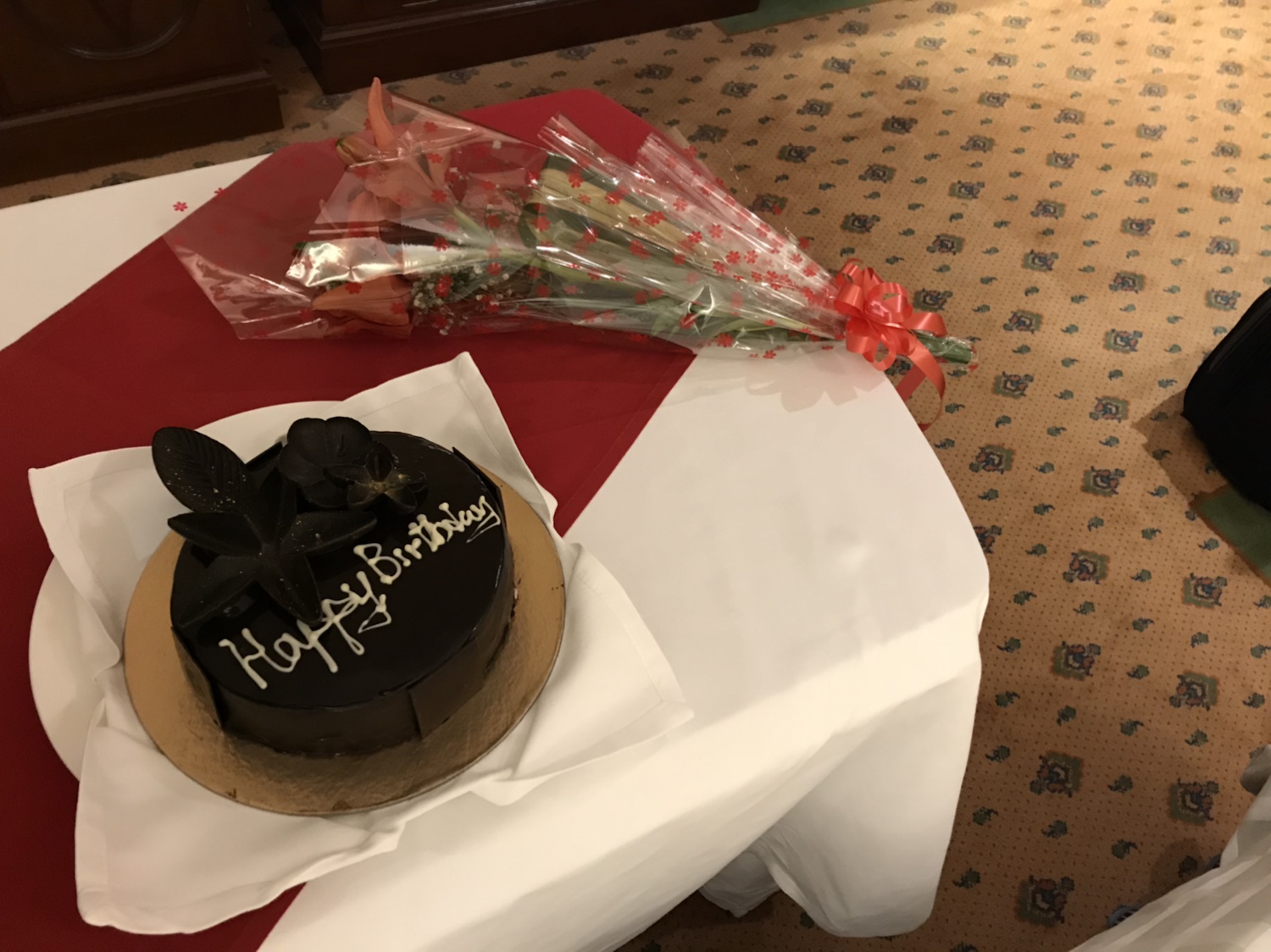
Yeh, I know, you meant to send me a nice present. Luckily, you still have time, because I won’t be home for two weeks.
Plan to crash just as soon as I shower and post this.
And tomorrow, the trip begins.
October 10, 2018
My blog seems to know when I am about to go on a trip, and so arranges to break down spontaneously to give me fits. Yesterday, I spent at least an hour on the phone with my very responsive and knowledgeable ace blog guru, Glenn Crocker, from Kansas City, glenn@netmud.com, to resolve the question of why the hell I could not load things into my damn blog. I’m not sure I’m doing Glenn a favor by putting in his contact information. I’m sure he’d like more clients, if they weren’t as much of a pain as I am. (If you have better things to do than read and philosophize about my blogging problems, and I’m really sorry if you do not, you may want to skip the next six paragraphs.)
Glenn resolved that problem (please don’t ask me how), but when I awoke this morning, I discovered that I had not been sent a notice of the post that I’d made yesterday. That meant that, though, the post was “up” on the blog, nobody would know that and so nobody would read it. This raises the difficult philosophical question of whether, if one writes a blog post that nobody knows of, does that blog post exists. This, you will recognize immediately, is analogous to the question of whether a tree that falls in the forest with nobody around to listen, makes a sound. The difference between these two philosophical questions, to me, is that I don’t really give a damn whether the tree in the forest makes a sound.
So, today’s project has been to try to get notices sent out. Now I know that this is a First World Problem. In fact it may sorta be the dictionary definition of a First World Problem. And, rationally, I told myself, “Look, Arnie, this probably will get solved, but if it doesn’t, it’s not that big a deal.” Very mature, I think. Only I’m not mature, so I obsessed about it for a good part of the day.
So, if you’re reading this, I guess it got fixed, eh? And, if not, well you won’t be any the wiser.
Why write all this garbage, then? Well, first, it may be related to the fact that Carol and I just read (and discussed with a group we’ve been in for many years) Yuval Noah Harari’s great book, HOMO DEUS, the follow up to his equally terrific book, SAPIENS. In the former, he prophesies that humans will be supplanted by a superior “race” created by us and smarter than we are. They may treat us the way that we treat animals, since we think that we’re king of the heap. It’s a very chilling and compelling book. Part of it is based on the evidence that we’ve already willingly ceded control over our lives to machines, and the future likely will bring many more examples. If we ever had free will (which Harari does not believe), we’re giving it up. Big Data is the new religion. The way my blog controls me may be a small example.
It also is (sad) evidence of what a privileged life I lead. I mean, really, how can this be so damn important?
Finally, since that has dominated the past two days of my life, I figure it’s no big deal for you to take a minute to read about it. Thanks.
Okay, we interrupt this rant to get back to our blog.
I set out for Kolkata tomorrow afternoon, non-stop Chicago to Delhi, then a short layover before continuing on to Kolkata. Altogether, probably more than 20 hours in transit. Yuck. One technological advance that I’d welcome and would make travel a hell of a lot more pleasant would be some kind of time travel; click your heels together and you’re not in Kansas (or Chicago) any more, Dorothy. I’m going to comment about Dorothy in tomorrow’s post, so hold that thought. Important question for the future: will frequent flier miles be awarded for time travel?
I’m going to spend only two days in Kolkata, before moving on to the tribal areas that are the focus of this trip. Here’s a question for you, “what’s the first thing you think of when you hear, ‘Calcutta”?” I’m betting that for many of you the answer will be a version of “extreme poverty and Mother Theresa.” Living in a city that still evokes “Al Capone” as what one thinks about, Mother Theresa sounds pretty good. (Although, if Michael Jordan has now replaced Al Capone as the Chicago image, I might go with Mike, because his miracles are on tape.)
Kolkata or Calcutta as it used to be known grew from an obscure village on the banks of the Hooghly River to become the capital of the Great Britain’s Indian empire during the British Raj, until December 1911, when the capital was moved to Delhi. Kolkata’s name change is not an isolated event. It is part of a wider trend of renaming Indian cities, often in an attempt to move away from colonial identities and reclaim the significance of the original names. For example, Bombay became Mumbai– a nod to the city’s patron deity, Mumba Devi. The city’s name has always been pronounce Kolkata by the Bengalis. I’ll use both spellings of the word in this blog, depending on where I’ve stolen material from.
It used to be said, “What Bengal does today, India does tomorrow”. Sadly this adage is no longer true. At one time, Calcutta was the proud intellectual and cultural capital of India. Its inhabitants made outstanding contributions to art, medicine, science and social reform. Kolkata is a pioneer in the field of drama, arts, theatre and literature with several nobel laureates contributing to the Kolkata culture.
It is a city of glaring contrasts, a curious blend of the old and the new, partly feudal, partly born out of growing urbanization, partly un-definable. It is a medley of the east and the west, a graft of a European city imposed on the Asian scope that gives Calcutta its bewildering charm, confusion and excitement. Being just about 300 years old, Calcutta hardly has many great historical monuments. Perhaps, the oldest remembered is the site where the Kalighat Temple now stands. Today Calcutta is the third most populous city in India with a population over 5 million and boasts of India’s first ever Metro rail system. It is a city that shocks on first impression but eventually, I’m told, the visitor falls in love with it.
Here are maps of India as a whole and of the area that I’ll be going to after I leave Kolkata.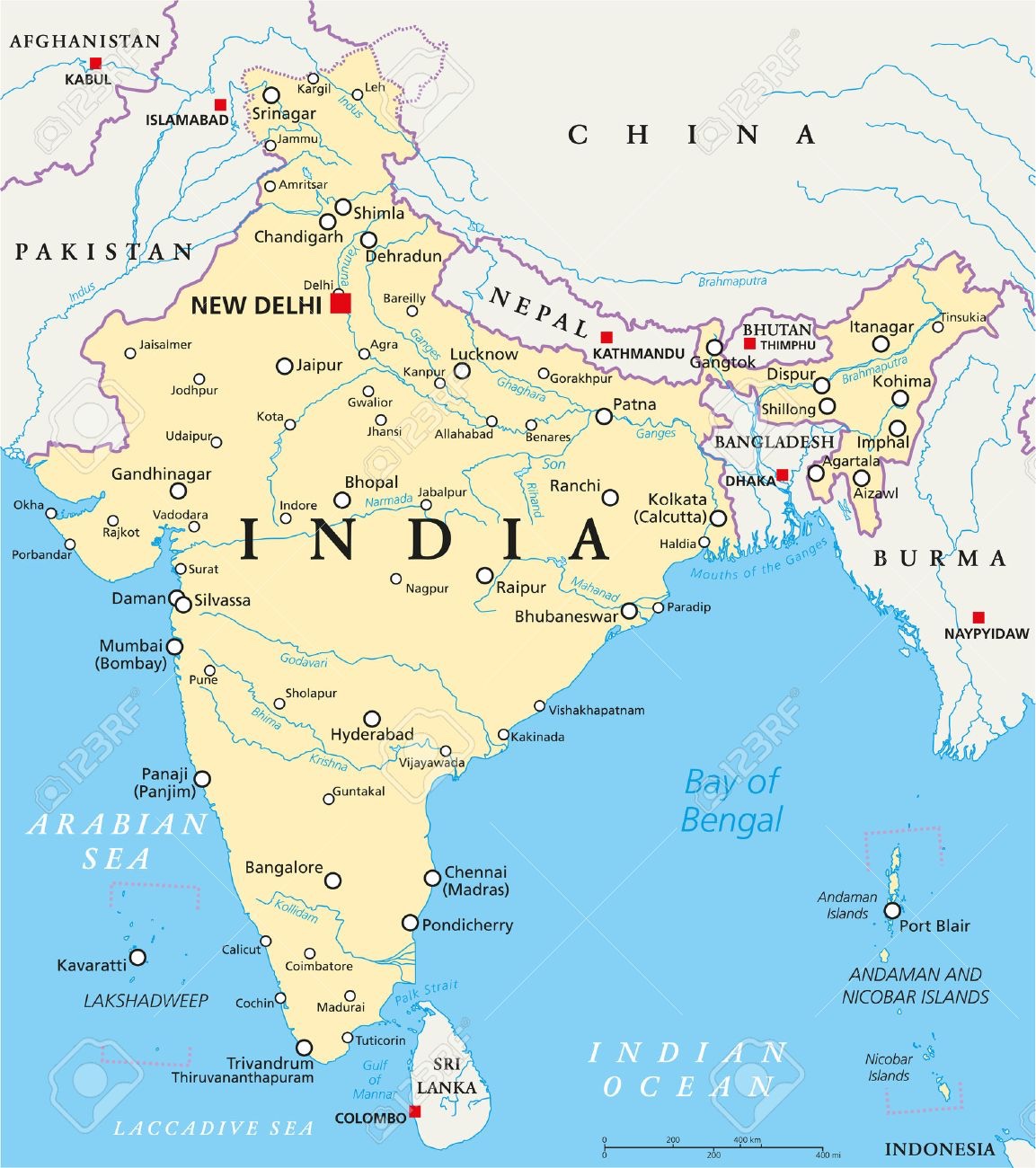 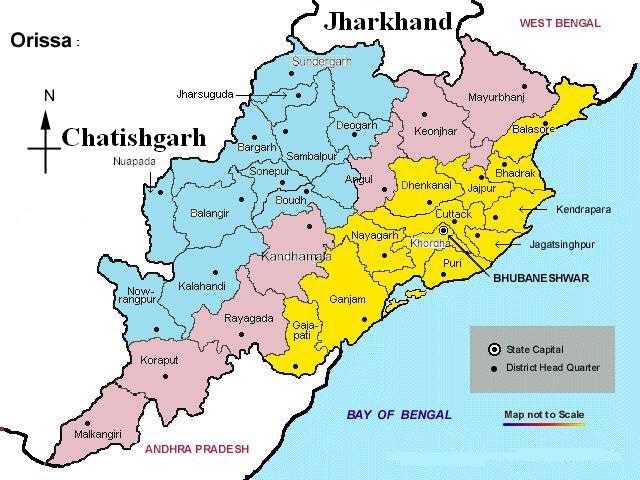
Okay, I’ll be leaving for the airport in a few hours, so I probably ought to try to figure out what I’ve forgotten to pack. More from aloft.
Oct 9, 2018
Okay, ready for this? I leave for India in a couple days and want to set the stage.
I’m not a stranger to India. This will be my fourth trip, two couple-week trips with Carol and friends, the first to Rajasthan and the second to the south. I also spent about five days there on my own en route back from my second trip to Bhutan. Even after this trip, to a new area, though, I’ll have barely scratched the surface of India.
I love India, because it’s so different and because it completely overwhelms all of one’s senses—sight, smell, sound—a swirl of activity that leaves you breathless. It’s a country of extremes.
Because everyone likes a few photos, I’ll cheat by including these, from prior trips.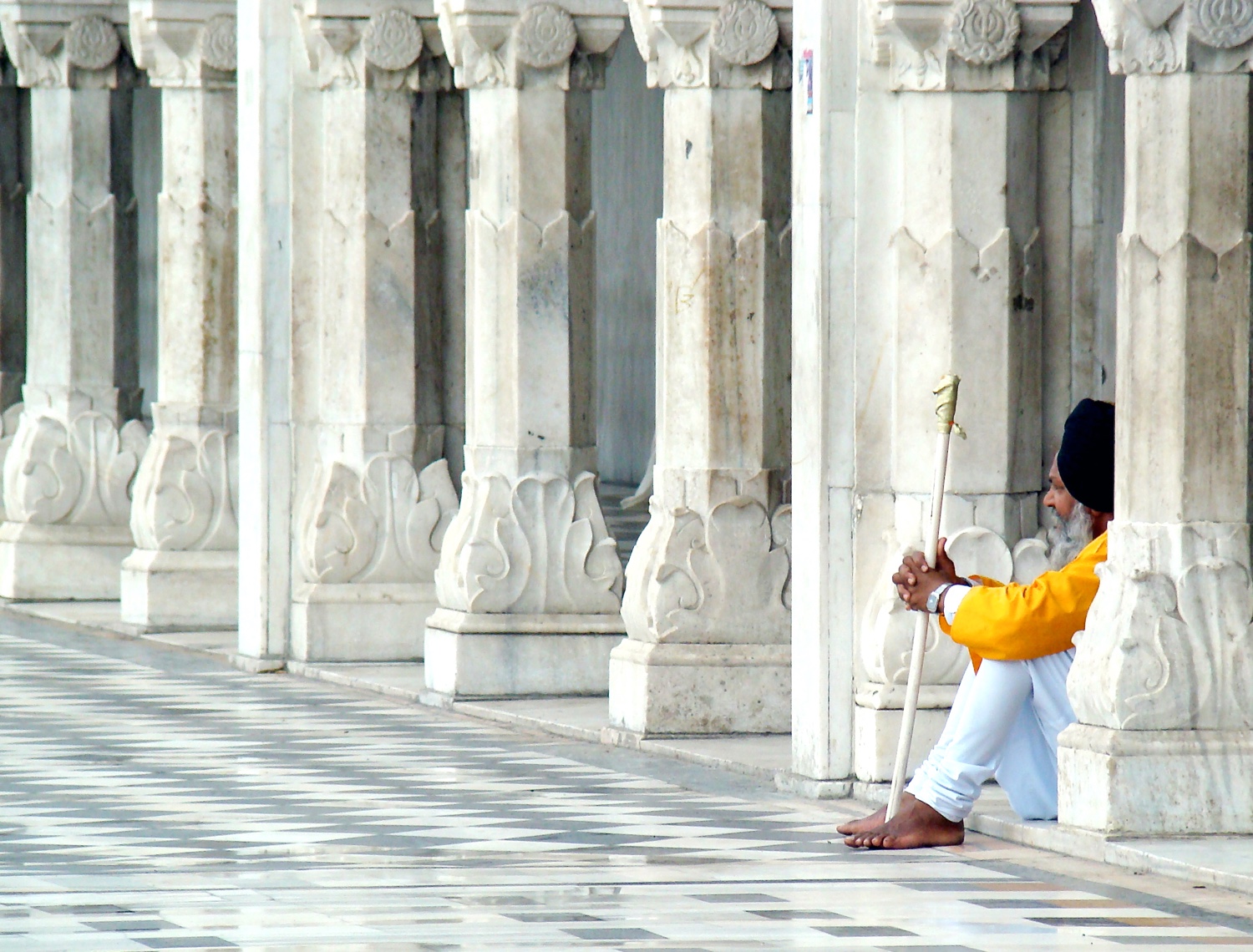 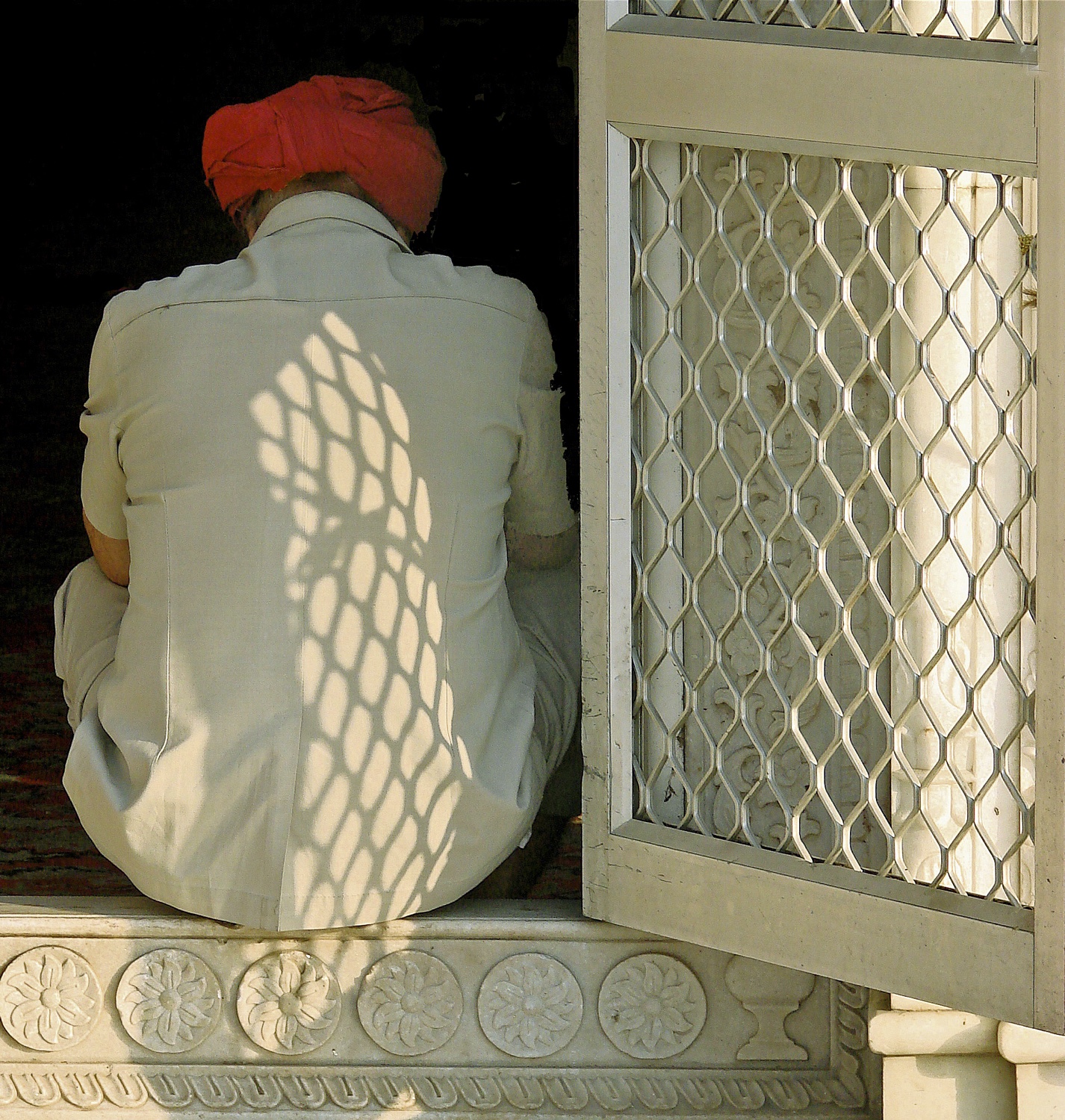 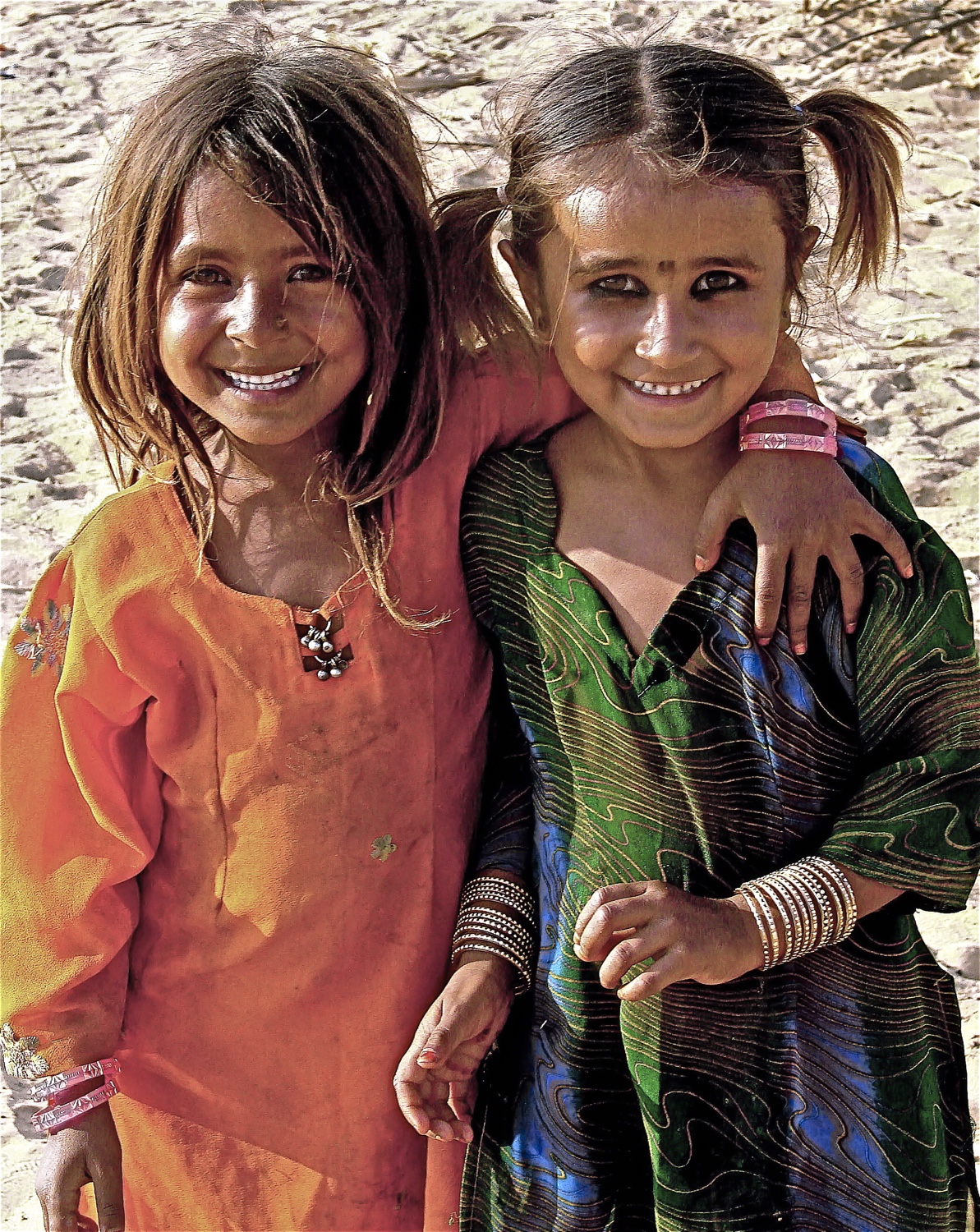
This trip will be to tribal areas in central-eastern India to observe a lifestyle that may soon disappear (this I’m told by two very well-versed Indian travel agents with whom I’ve become close over the years). My trip was to have been as one of a small group of five photographers, led by two professional photographers. Three weeks before I was to leave, I got into a rather heated exchange with one of the leaders. I won’t go into the details, but ultimately I concluded that I really did not want to travel with him, and we agreed to a cancellation, with a full refund.
I’m sure the leader thinks that, canceling three weeks before the trip, I’d be shit-out-of-luck. He did not reckon with my friend and fabulous travel agent, who had planned my prior three trips to India, Shonali Datta. (If you need somebody in India, you can reach Shonali at Shonali@banyantours.com). I wrote to Shonali on the Friday I cancelled and asked whether she could do something. Within half an hour, she’d replied, saying, “of course,” and by Monday, I had a full itinerary, confirmed, with costs and guides all set up. My would-be group leader is going to be quite surprised when I run into him and introduce myself, because at one point we’ll be staying at the same hotel.
I will be going to visit some of the fascinating minority groups in the central-eastern Indian states of Odisha (formerly Orissa) and Chhattisgarh, including the Bonda, who wear strings of colorful beads instead of blouses, the Bison Horn Maria, who wear a headdress that resembles the horns of a wild bison, the nature-protecting Dongria Kondh, the Muria with their controversial sex customs, the tattooed Baiga, and the diverse Gondi.
This is a remote area, and the prospect of traveling with liked-minded companions held some appeal. Now, I’ll be on my own (with guides and drivers) for two weeks. Not sure how I’ll feel about that, but right now I’m looking forward to it as a challenging, new experience. I’m sure I’ll reflect some on how that’s going, so, stay tuned.
April 20-21, Reflections.
We “sleep in”, not awakening until after 6:30, when we pack and go for breakfast. We do a two and a half hour game drive to the airport. The highlight was locating and following a leopard and her cub. With G on all of our drives is a man named Dish, who is not employed by the camp, but is a representative of the local community, charged with looking out for the environment. Dish has been quiet throughout, but pleasant and helpful to us in many ways.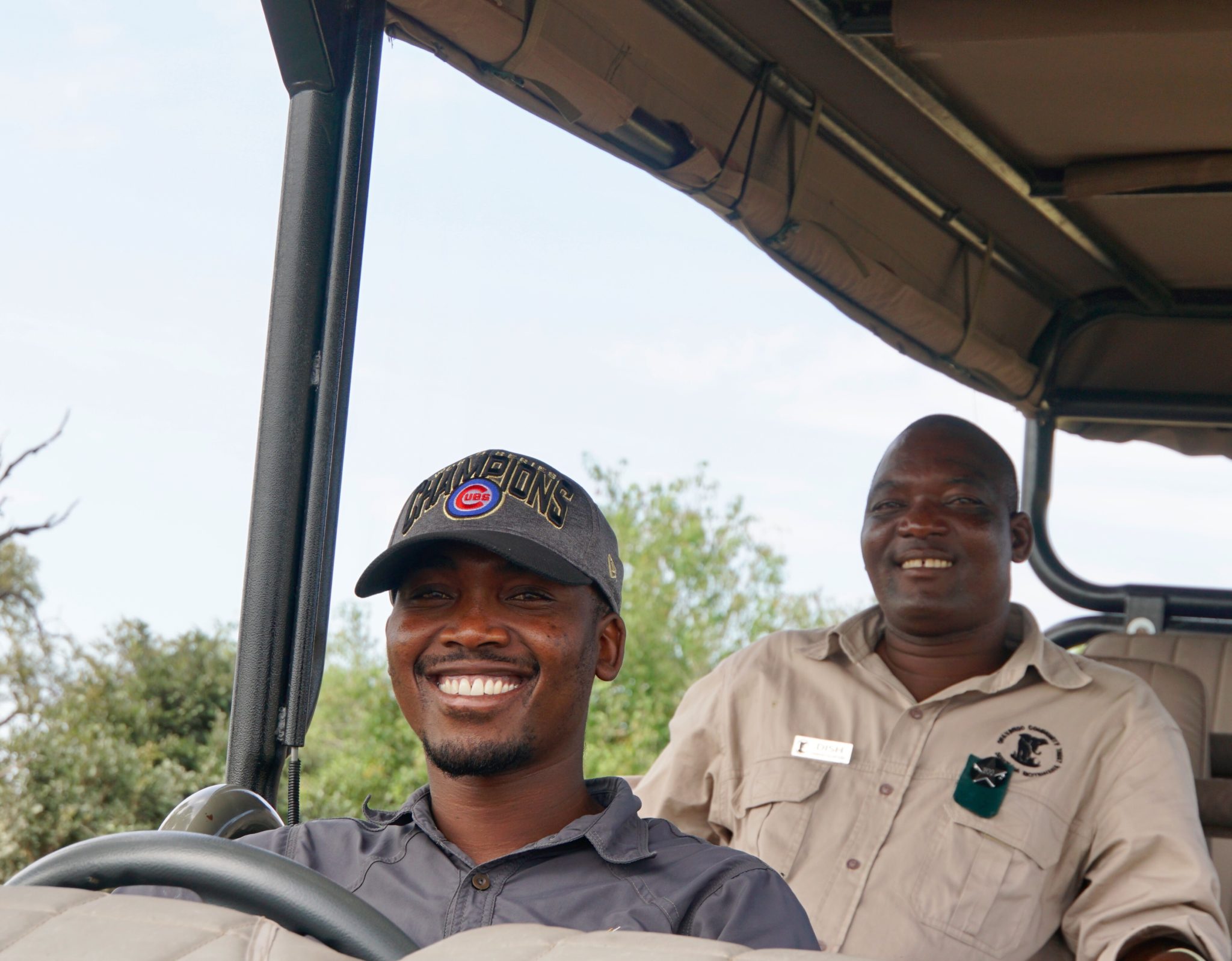
We take a small plane to Maun, flying over the Delta once again.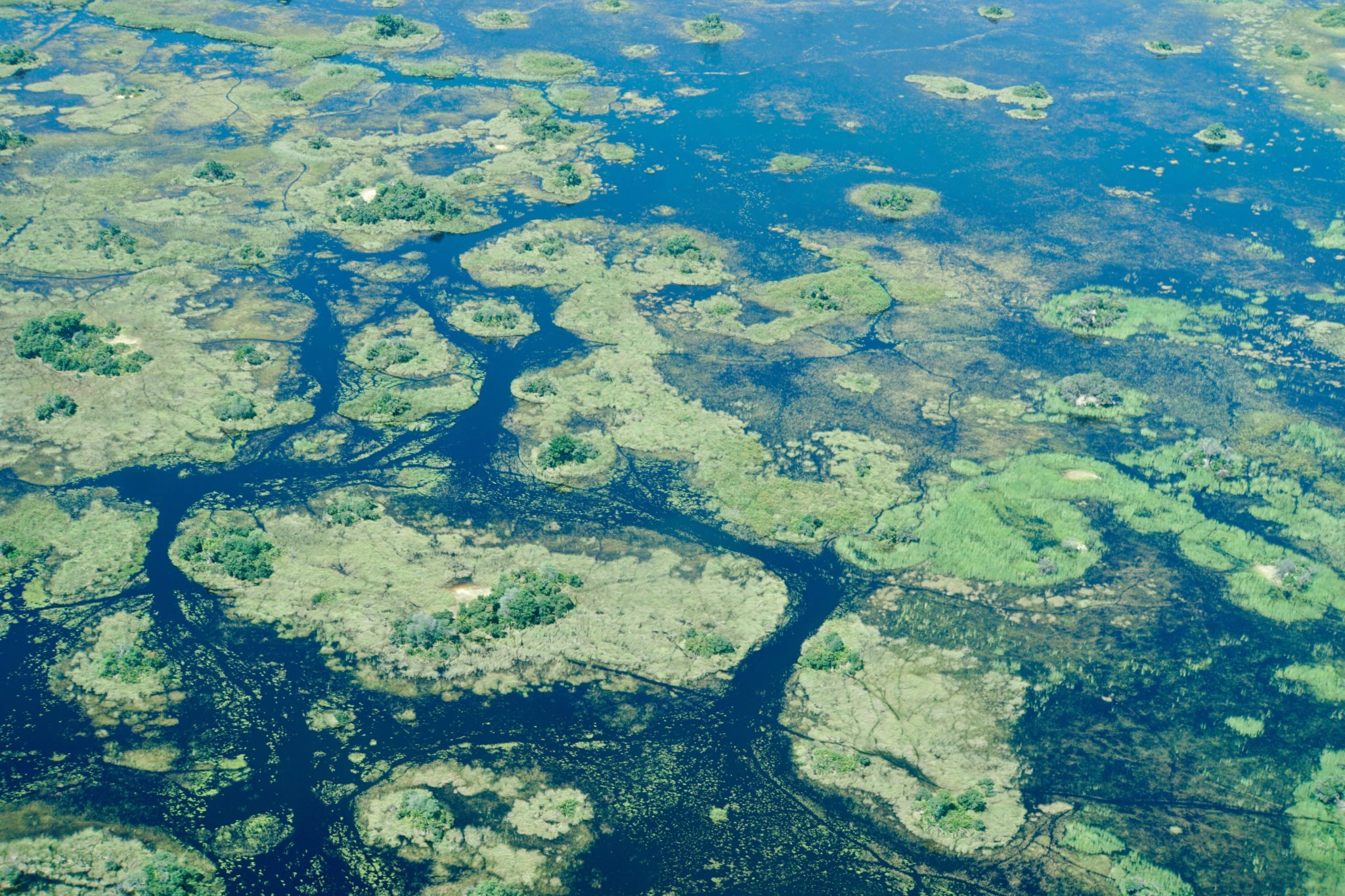
In Maun we get a pleasant surprise—we are able to check our bags through from Maun to Joburg to Paris to Atlanta. Frankly, I don’t care that much whether our bags arrive with us or not; I can wait for my dirty laundry, if necessary. Time to say farewell to Africa, though.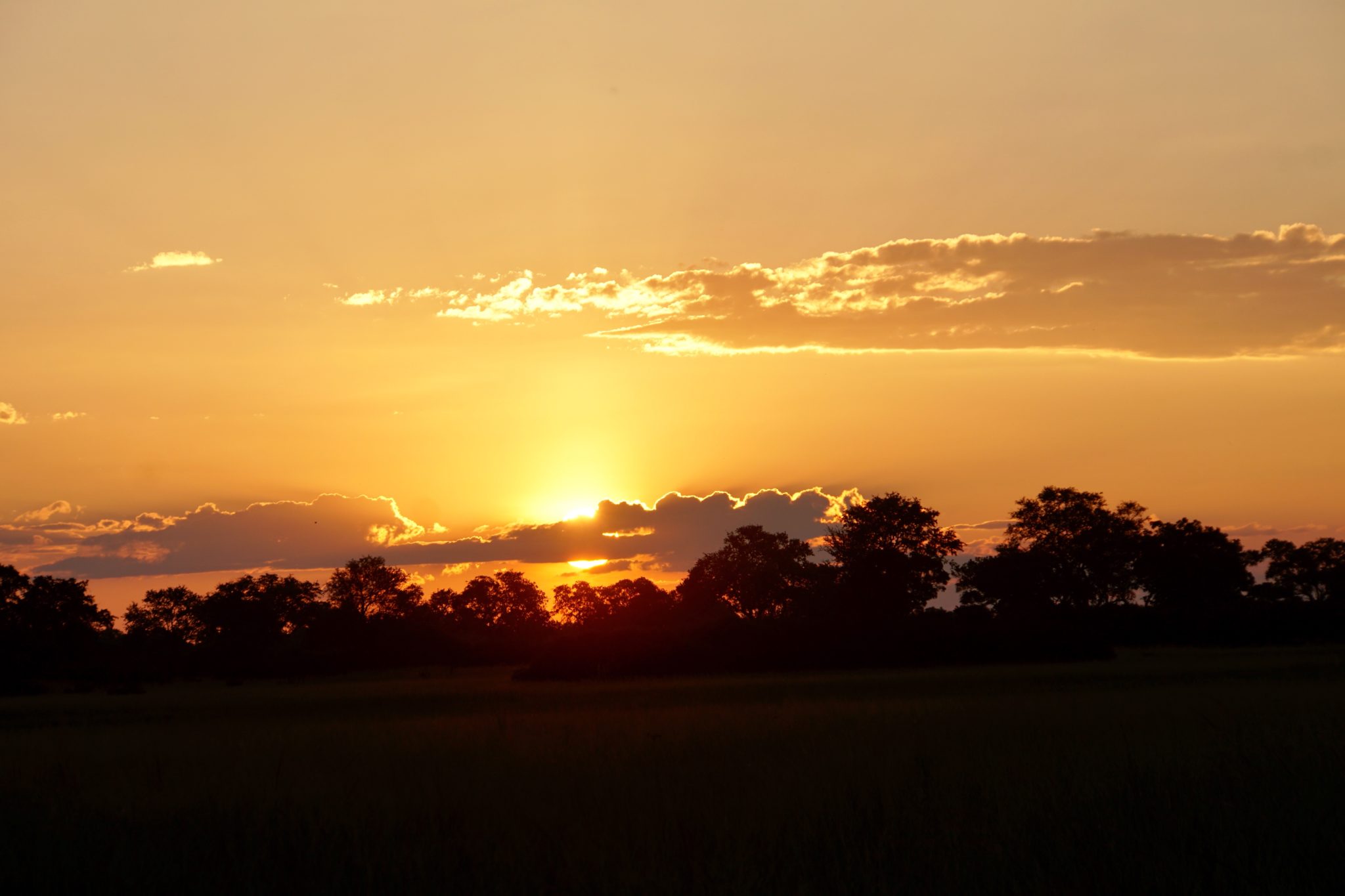
Our flight to Joburg is late, but we’re met at the airport by a VIP service arranged for by our travel agents who skips the lines and gets us to the right terminal for our flight to Paris, where we hang out in the Air France Lounge for a while. From Paris we will fly to Atlanta arriving some thirty hours after setting out from our first flight in Botswana. We’ll have lunch in Atlanta with Wendy, Chris and Maxi (Zoe has an all day- rehearsal) nap for a few hours and then have dinner with Robert and Joseph, who live in Atlanta and with whom we traveled to Thailand, Laos and Cambodia. After we awake Sunday morning, we’ll catch our flight to Chicago. Five days later, we fly back to Atlanta for the weekend to see Zoe star in “Annie.”
The long flight to Paris seems an appropriate time to reflect on the trip.
First and foremost, this is Phoebe’s trip, so the real test of its success is how Phoebe felt about it. She loved it. And I don’t base this solely on the 106 different species of birds she saw and listed, or on the more than 7200 photos she took. As is my wont, I put a bunch of questions to her, and I want to share some of her answers.
I asked which part of the trip she’d choose to do, if she could do only either Ghana or Botswana. This was tough for her, because she loved both, but she said that she’d choose Ghana, because it was more personal and she learned more about culture. This was consistent with the fact that her initial choice of where to go was Ghana. (By the way, Carol and I both said that we’d have chosen Botswana, because having been to Ghana six times, we had experienced most everything there before. We both said, though, that if we were taking Phoebe, our choice would be Ghana.)
I also asked Phoebe which she would choose if she could do only the mobile tent safari or stay at the much more upscale permanent tent camp we stayed at. She said she’d choose the mobile tent safari, because it was so different and because you really feel a part of the landscape and the experience. (Carol and I both would choose that, too.)
Poor Phoebe had to answer a whole lot of other questions with lists, too (most surprising aspects of the trip, favorite Ghana experiences, favorite Botswana, favorite overall and a list of the reasons why she liked to travel with me). But my favorite answer was to the question of what she thought would change for her because of the trip, and I want to share that answer with you:
5 things that will change for me because of the trip
I think I’ll be a lot braver because of this trip
I’ll be more willing to try new things
I have a better understanding of different cultures and an appreciation for them
I’ll complain about little things less
I’ll probably travel a lot when I’m grown up since you started me so young!
So, you now understand why I say the trip was such a big success. We could not have chosen outcomes we’d like more than the changes Phoebe anticipates.
So, Ghana and Botswana. The trip we’ve taken that I’d most compare this trip to was our trip to the Galapagos and Peru. In both of these trips we really took two distinct trips in one, so the contrasts were very interesting.
For this trip, both Ghana and Botswana change your way of thinking, but in very different ways. Ghana gives you a sense of how people in another culture live, which causes you to reflect on what’s really important in life and on how much of what occupies our day-to-day thoughts really doesn’t matter a damn in the scheme of things.
Botswana, on the other hand, causes you to reflect on where we humans fit into the universe. We’re privileged to share the vast earth we live on with many species of magnificent birds and animals. What sort of arrogance causes us to think we’re so special and have a right to do what we want with the planet? Of course, in Africa, animals do kill one another but they do it to survive and to eat. You don’t see an antelope head mounted on a plaque in a lion’s den. The safari experience provides a new perspective on the brutality of hunting other living things for sport.
One may even wonder whether there might be parallels between predatory animal behavior between species in Africa and our predatory human animal behavior with respect to people different from us. To survive in the wild does not require fear of other animals, but, rather, respect for them. Might we not benefit by trying to convert some of our fears of other peoples into respect for them?
Carol and I have been privileged to go on a half dozen or more safaris. We’ve loved all of them, but I’ve never been quite so impressed with the grandeur and scope of what we witnessed, or the intricate patterns and elements that hold the fragile balance together as I was on this safari. I think that part of this realization, at least, was fostered by the ground level perspective we gained from our six-day tent safari and from talking with Roger.
Maybe there’s something as fabulous as sharing a more than 2 1/2-week trip like this with your granddaughter. But, if there is, we haven’t found it.
Thanks again, for following us, and especially to those who take the time to comment on the blog. Those comments are an inspiration to keep writing.
Next blogging trip will probably be an October photography trip to tribal areas in Eastern India. Carol has decided not to go on this one, so it’ll be just you and me, okay?
April 19. Up, once again, at 5:30, breakfast and set off again on our morning safari, on this, our final full day in Botswana. This is the second consecutive morning on which wearing a light jacket for the first couple hours is welcome because of the morning chill.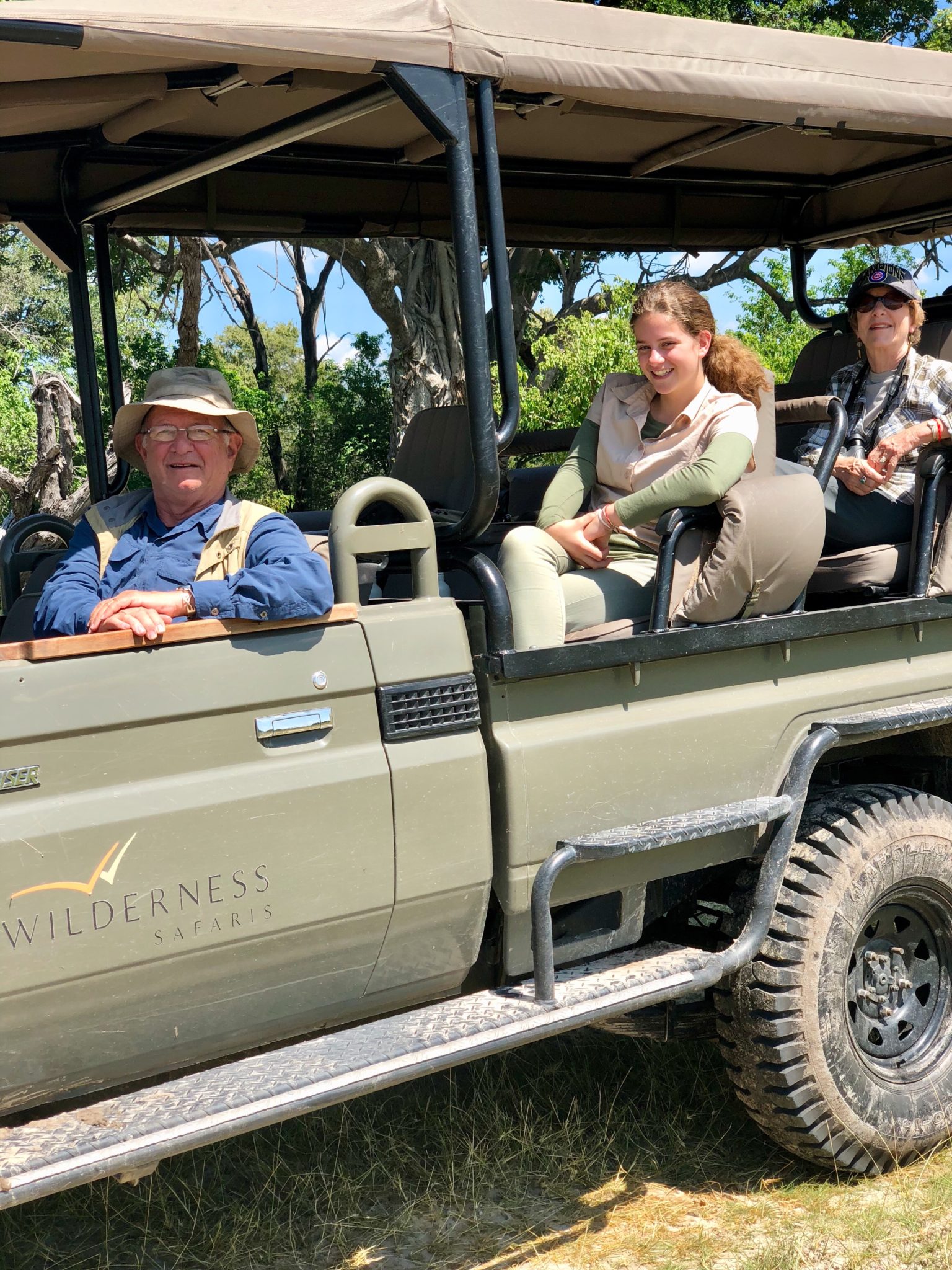
Our target, cheetahs, eludes us once again. After much searching, though, we do find the two lionesses we spotted yesterday, who are hidden in bushes with their four cubs, with two former impalas that they’ve killed. Their position in the bushes, together with three other vehicles who have learned via radio of our location makes photography pretty impossible. So, a very good sighting, but not one of our best of the trip.
After driving around for a couple more hours, with good, but not extraordinary sightings, G tells us that we’re going to have lunch out in the bush. I picture a box lunch under a tree, but, in fact, a very nice buffet and bar have been set up for us and another group of eight who are on a photography trip. We have a pleasant travel-related conversation with Karen and Stev(e) from California, who love the trip we’re doing with Phoebe. Stev has done a lot of travel with his kids, including bike and horseback adventures.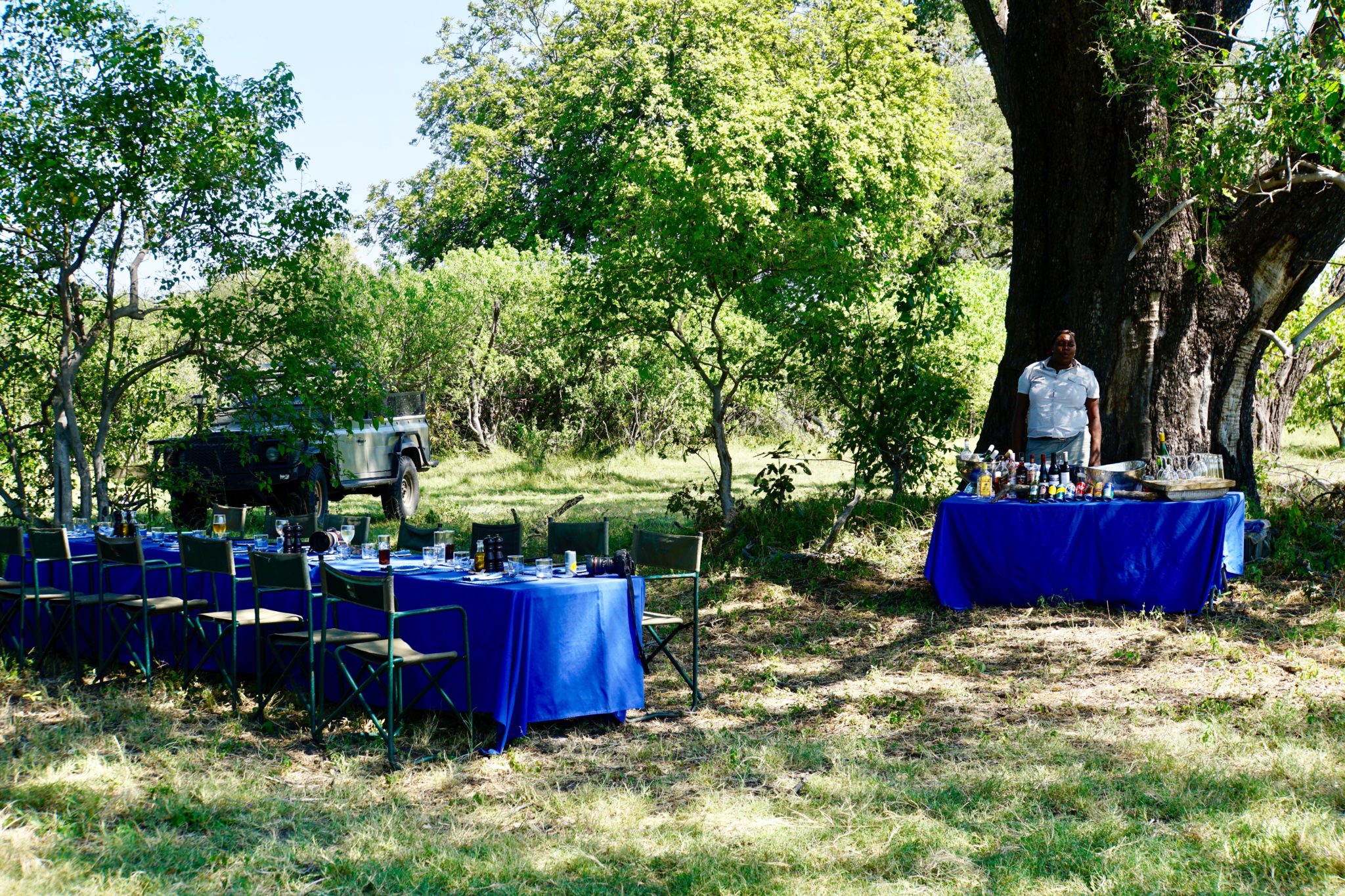
After lunch, we enjoy our siesta time before regrouping at 3:30 for our last game drive, with G sporting his new Cubs hat. Several sightings, including a new bird for Phoebe’s list and a new antelope, but things really got to be fun when I suggested we go back to check on the lion cubs who has been hidden in the bushes in the morning. First, we see the two lionesses lying asleep by themselves, then we locate and watch the cubs for whom it is clearly play time. 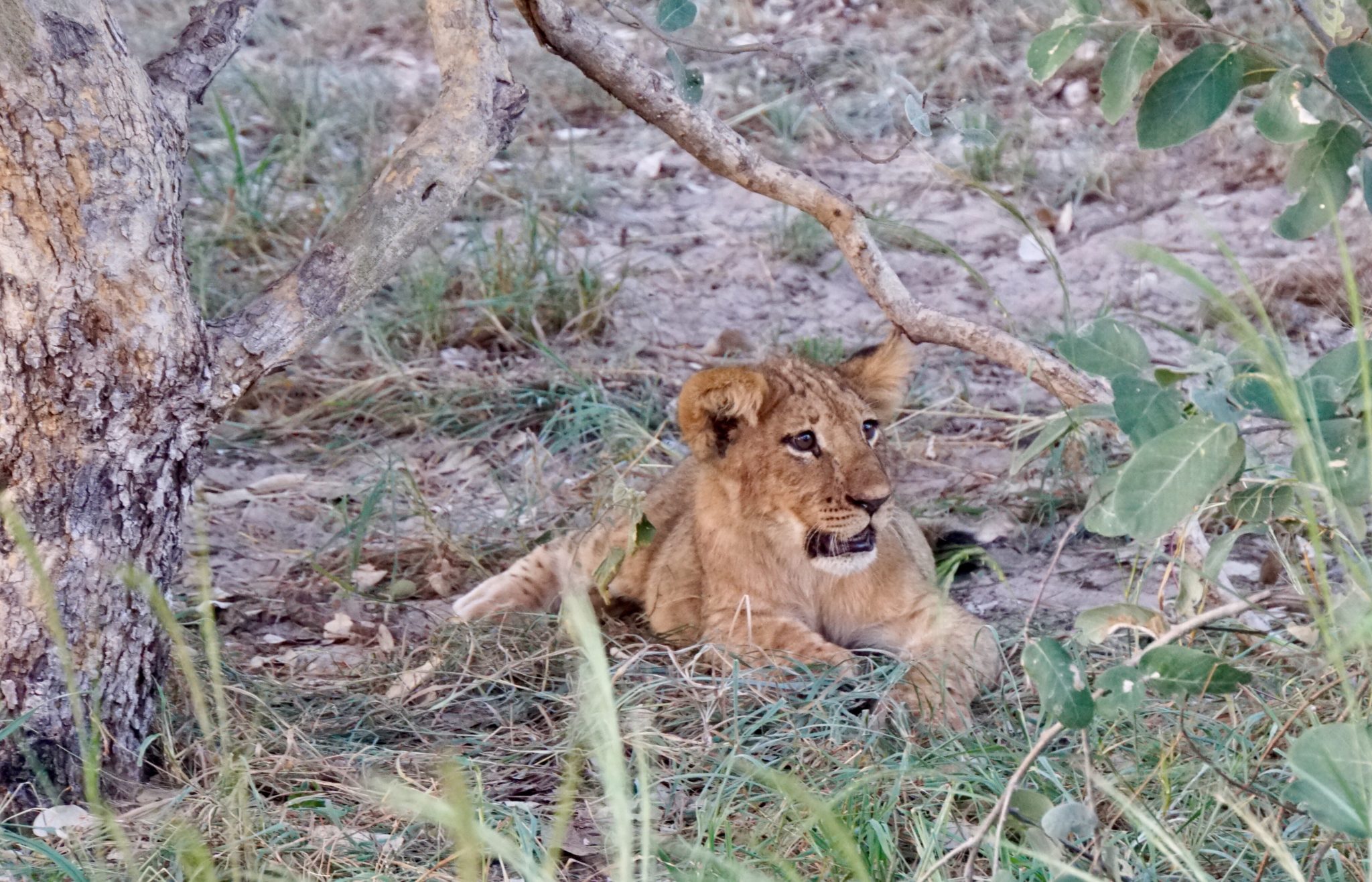 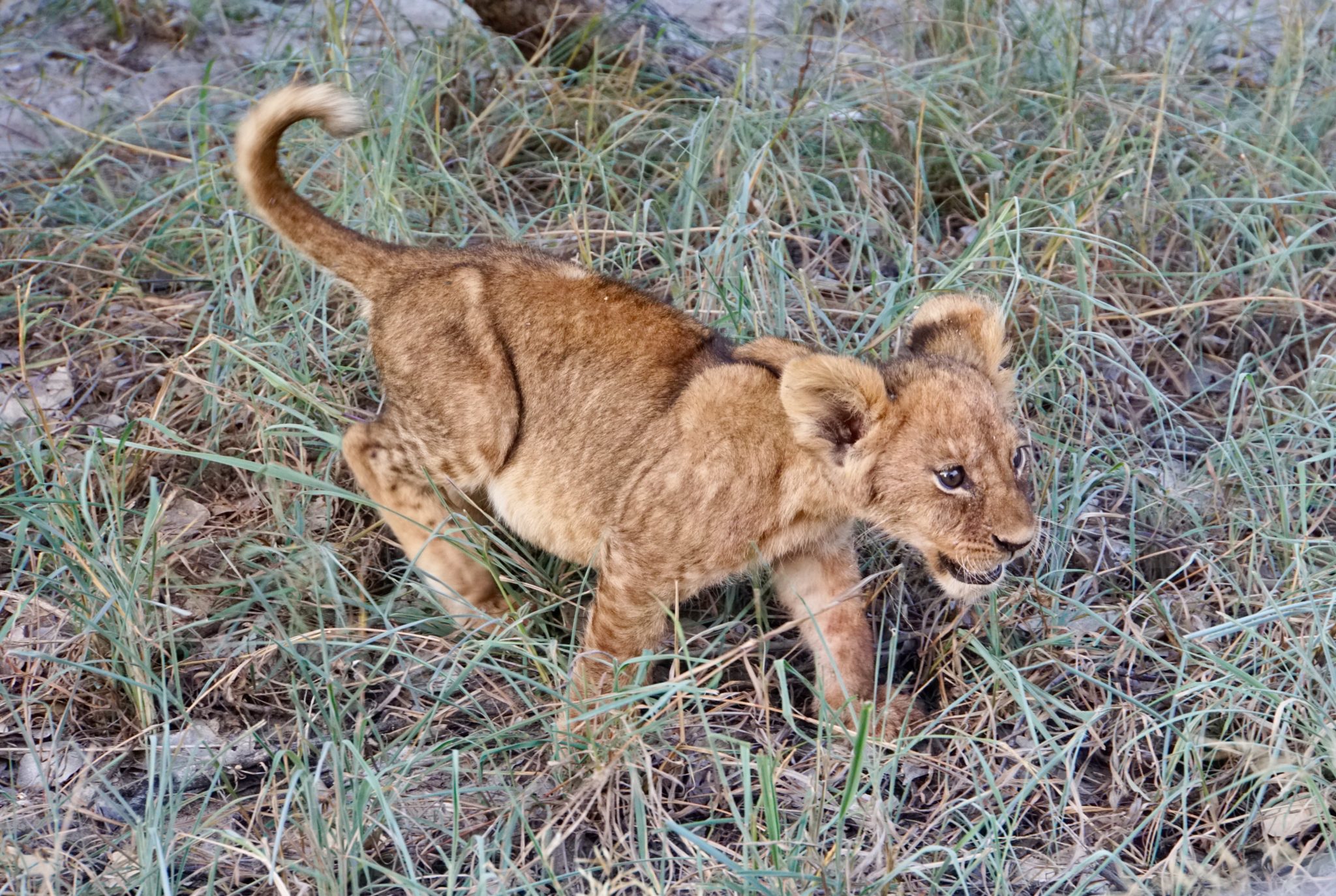 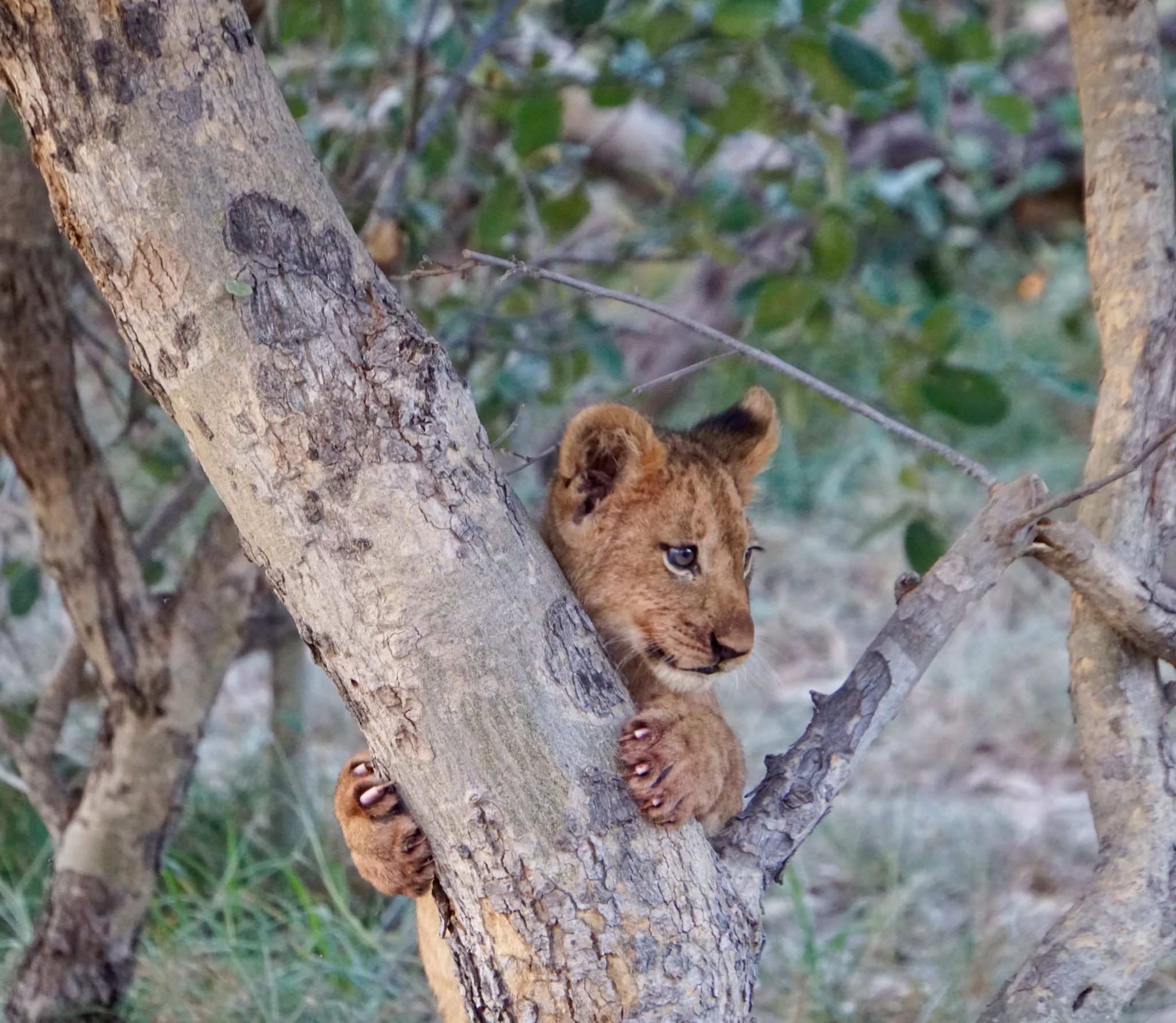 After some time, we notice the the lionesses are making their way back to the cubs, who greet their moms with great excitement and affection. After some time, we notice the the lionesses are making their way back to the cubs, who greet their moms with great excitement and affection.
We head back to the camp, where Phoebe and I have drinks by the fire with the managers under the stars, while Carol goes back to shower. Dinner is very good, again, and we engage in conversation with a California couple, more in sync with the wife, Julie, than her highly opinionated husband, Richard, with whom I disagree strongly on topics of conversation ranging from photography to civil liberties. He says that I’m more of a humanitarian like his wife, contrasting that with his passion for hunting (yet strong interest in birding). He’s bright, and, given half a chance, I could get into a lot of heated arguments with him, I’m sure.
|
|














 After some time, we notice the the lionesses are making their way back to the cubs, who greet their moms with great excitement and affection.
After some time, we notice the the lionesses are making their way back to the cubs, who greet their moms with great excitement and affection.